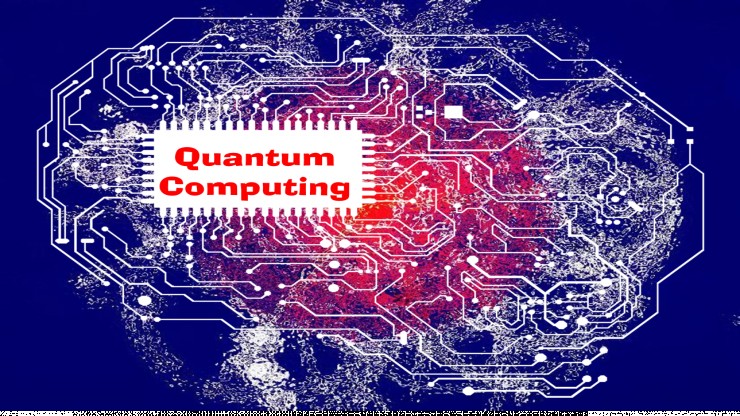
Quantum computing, though being at a nascent stage has already taken the world by storm. This combined by IoT can be a deadly combination and the match made in heaven for the developers and programmers. As per the assumption, while the greatest changes and most grounded impact from IoT will be found in the modern division and in the basic foundation, with center around the Middle East and South America as heritage is of less significance there and the usage of IoT is an open door for an extension. Due to the developing measure of information that IoT produces, the genuine take off of IoT will happen together with quantum computing as then computing issues and security hindrances can be settled in the meantime.
Why Quantum in IoT?
AI and Big Data are issues inalienable to the idea of the IoT. By and large, they represent a point of confinement, a boundary to overcome. So consider the possibility that we can defeat it. To tackle issues of the neural systems utilized as a part of machine learning, we must have the capacity to numerically upgrade certain capacities with a colossal measure of information, clarified John Martinis, director of Google's Quantum Computation Laboratory, at the Congress. "With quantum computing, we want to explore a larger number of parameters with which we can deal with this type of problem more efficiently in order to find better solutions. These problems are perfect for quantum computing." Because of this change in perspective, we would now be able to process bigger measures of information speedier and all the more productively. The outcome is extended potential outcomes of associated gadgets, the making of new gadgets and hubs of data handling, and in addition better data exchange.
Another fascinating case of quantum IoT includes security. Quantum mechanics has a progression of properties that, if utilized appropriately, make it conceivable to make a basically sacred correspondence condition. Hypothetically, because of these methods for transmission. This implies making a 100% secure properties,we can make totally momentary correspondence with no technique for correspondence. Another essential angle is quantum encryption, something that is as of now being tried. While scrambled messages can be abused in a significant yet achievable measure of time, by methods for supercomputing, quantum encryption and the calculation related with unscrambling such messages make this encryption difficult to break. The possibility of transmitting straightforward quantum objects, like flags in the traditional sense implies that nobody can take or obliterate data. This depends on a large group of quantum standards of transmission, clarified Alex Fedorov, a doctoral student at the Russian Center for Quantum Computing, at the gathering.
"This is used in encryption or BlockChain, which allows us to ensure the soundness and permanence of the information since you cannot modify or capture it without that action being recorded."
Importance of Quantum Computing:
Quantum encryption is an arena that is at present blasting since it enables data to be secured past what we could have envisioned. As we probably am aware, in a world in which cyberattacks are developing, it is critical to protecting our data. On account of quantum processing, we can manufacture littler, more effective and more secure gadgets. In any case, that is not all. As we said above, brilliant items will be considerably more clever. Shrewd Cities will achieve levels never envisioned. Correspondence will be considerably speedier, and we will accomplish significantly more effective vitality administration. Obviously, there is still a lot of work to do. "The principle issue for quantum figuring is decoherence," Martinis clarified. This implies the making of quantum PCs is as yet constrained to a specific number of qubits. What we have demonstrated toward the beginning of today, Beloussov clarified, alluding to one of the disclosures declared amid the congress, is a quantum PC with fifty-one genuine qubits. As of not long ago just ten qubits had been accomplished." However, for now, around a hundred qubits or more are required before these processors can be actualized in regular gadgets. "When we have them, we will see direct applications like autonomous cars, wearables and Smart City services that operate thanks to quantum computing."
Abhijit Chatterjee, a technology connoisseur